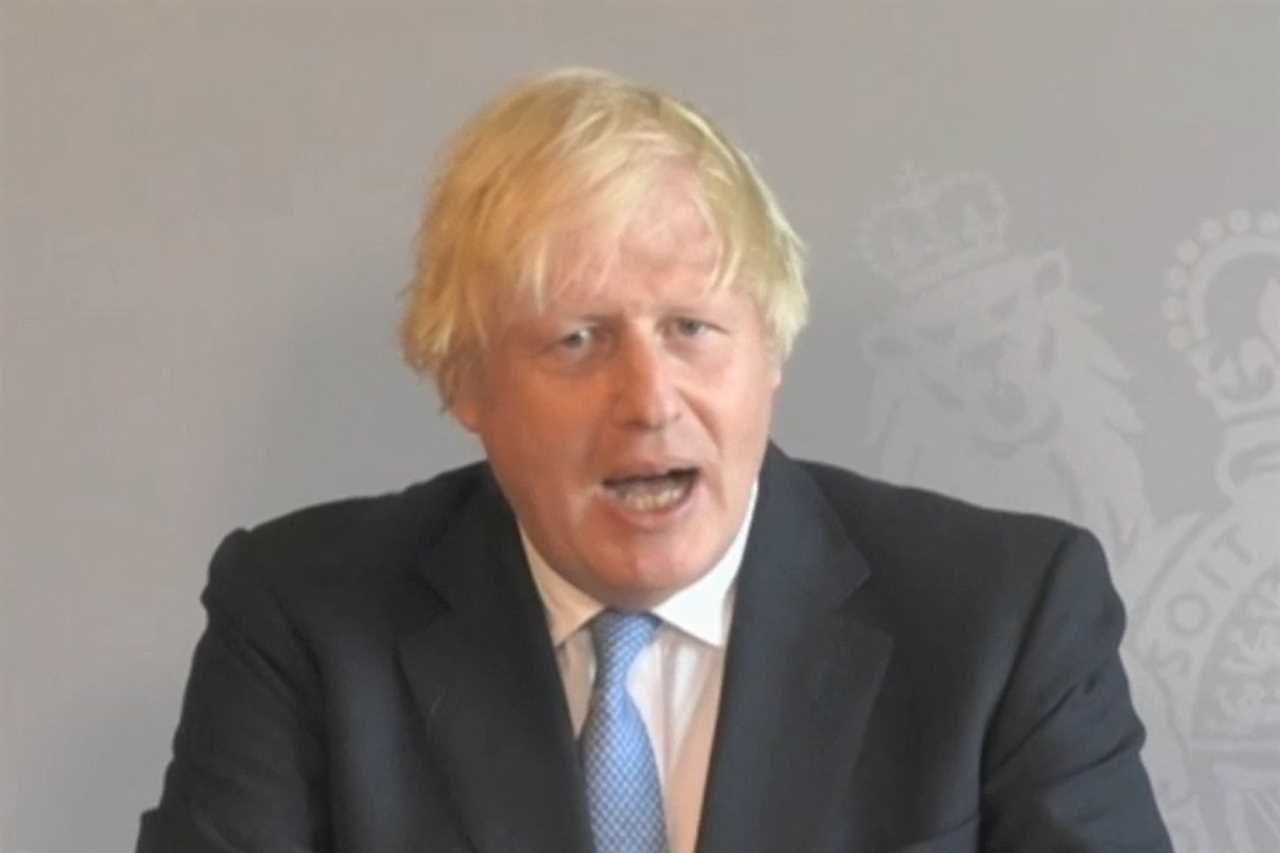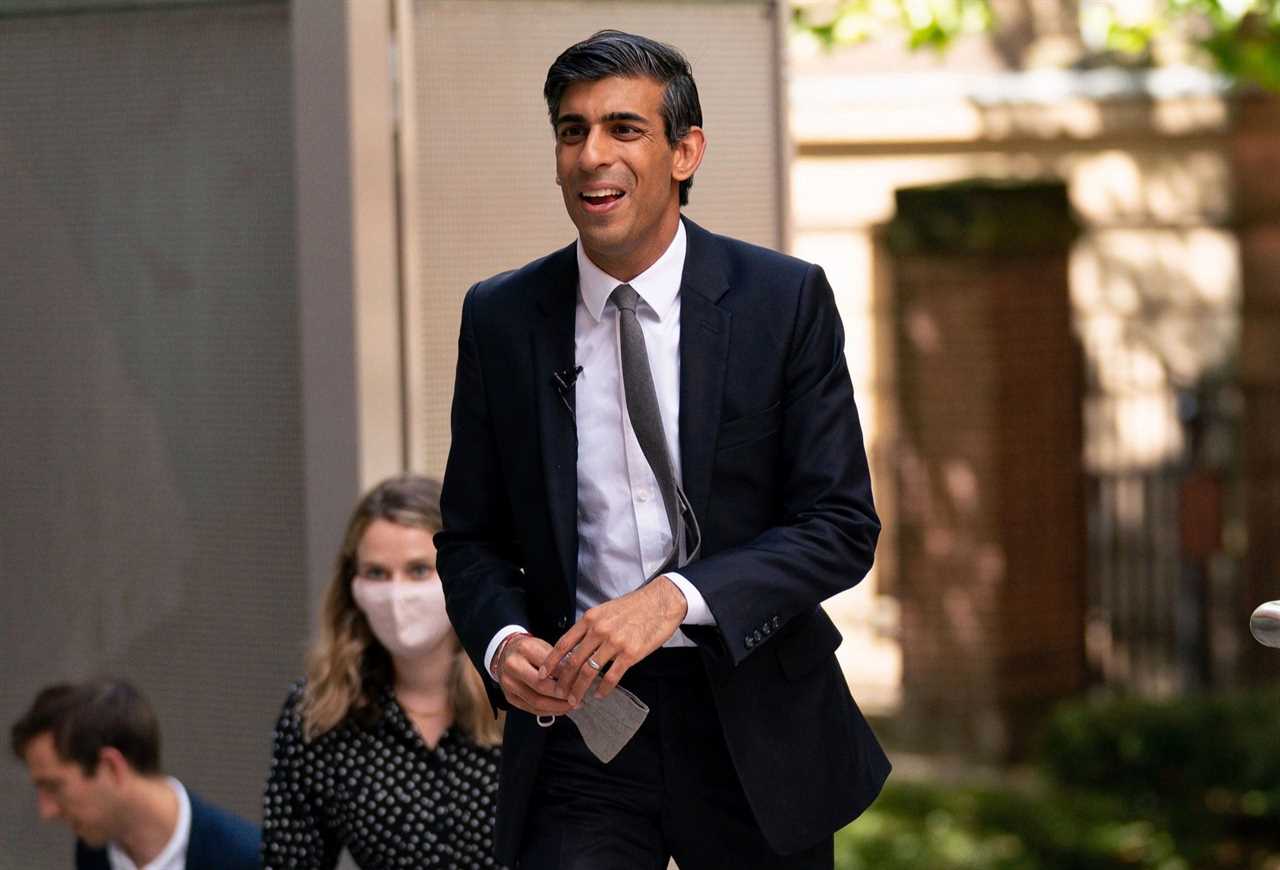BORIS Johnson is facing a revolt over his plans to pay for his social care reform by increasing national insurance contributions.
At least five ministers are said to be prepared to square up to the PM over the issue while the former head of the Treasury warned against the “tax on jobs”.

Ministers are angry at the proposed tax rise, while pensioners will see a bumper rise in the state pension next year as the PM refuses to rip up the triple lock promise.
The guarantee is set to push up pensions by about eight per cent, costing taxpayers between £3billion and £4billion, because wages have bounced back sharply from the Covid recession.
Under the triple lock, the basic state pension increases by earnings, inflation or 2.5 per cent each year – whichever is the highest.
Chancellor Rishi Sunak is thought to want to end the lock and pump the savings back into social care.
One cabinet minister told Trending In The Newsday Times: “I don’t think it is right, particularly after the pandemic, to be asking 20 and 30-year-olds to pay more, especially when we also want them to get on to the housing ladder.”
Another cabinet minister said: “Raising National Insurance in the way proposed would increase intergenerational unfairness and would hit the working young given that people do not pay NI beyond state pension age.
“I don’t see why we can’t pay for social care out of the existing budget by making savings.”
A third said: “This kind of tax is going to hit the young and the middle-aged — the very people who have been worst hit by the pandemic.”
Another cabinet minister said: “I don’t think the public are going to buy the idea that by raising NI, we are not breaching our manifesto pledge not to breach taxes. That’s simply semantics.”
Nick Macpherson, the former permanent secretary to the Treasury, also attacked the plan to raise NI contributions.

Speaking to Times Radio he said: “This is effectively a tax on employment.
It is a tax on jobs. And if you tax something more, generally, you’ll get less of it. But there is also a distributional issue.
“National insurance is paid only by people who are below pension age.
“It’s paid by young people who have taken a pretty big hit in recent years — what with tuition fees and the general stagnation in wages.”






